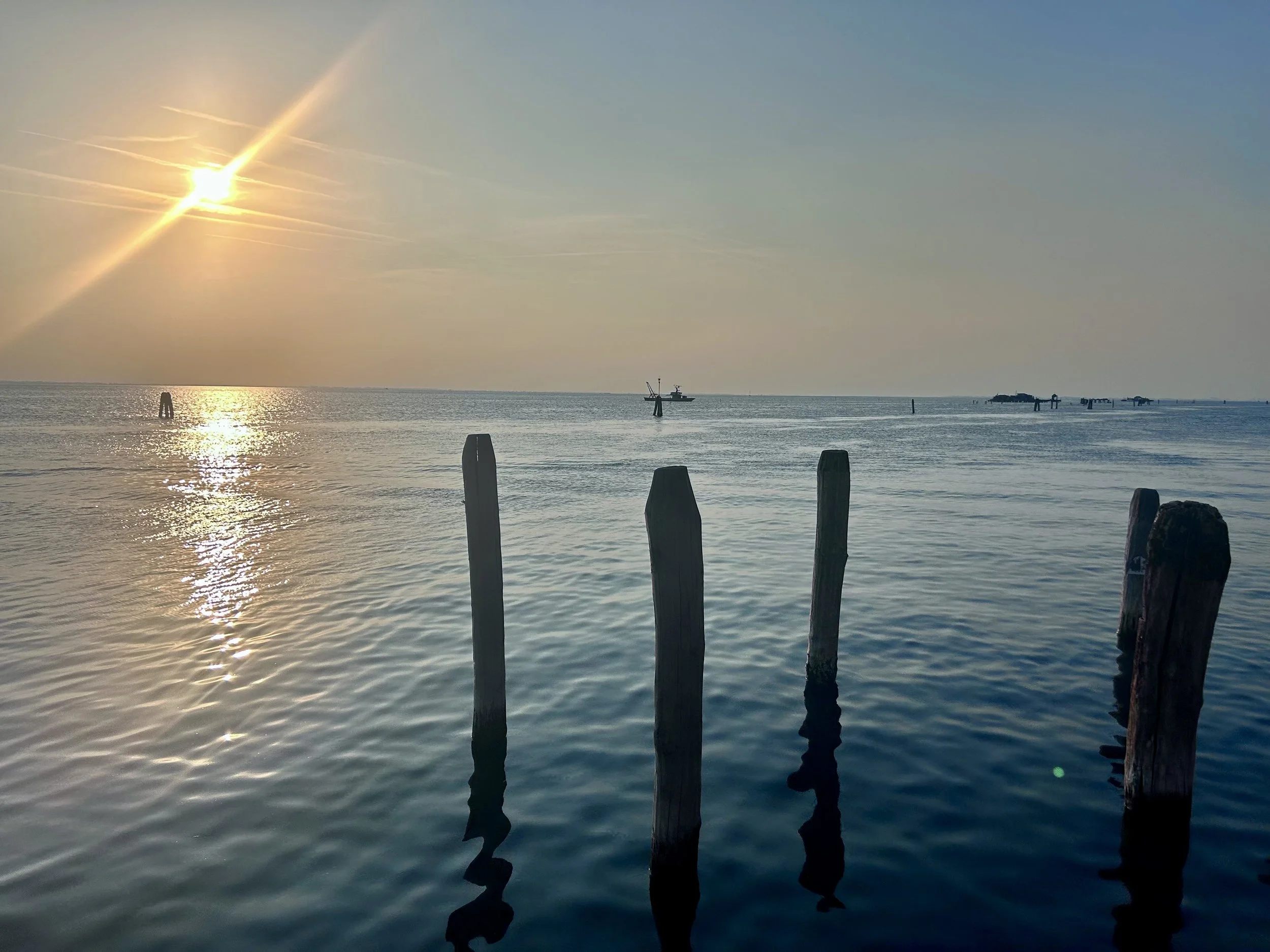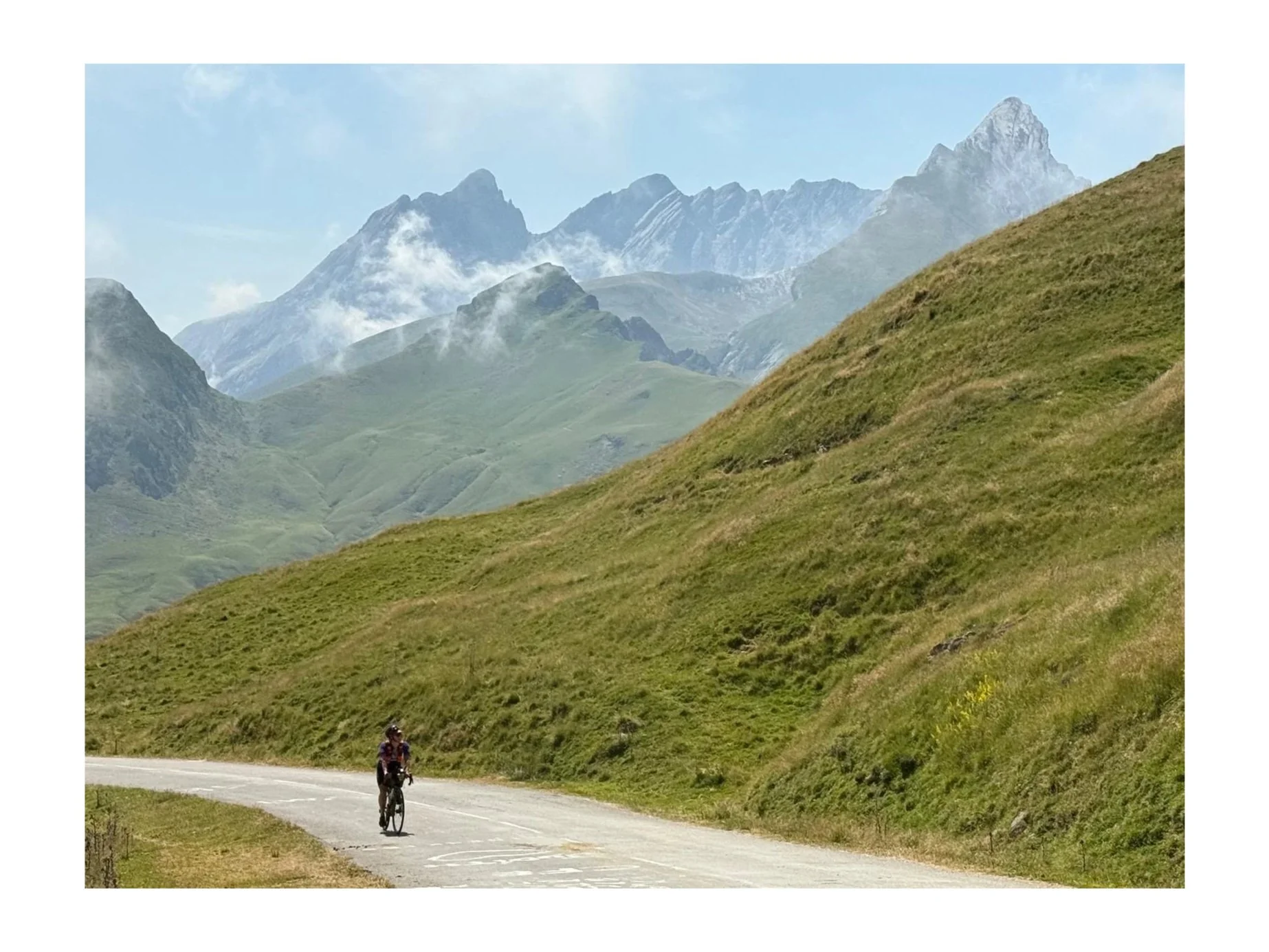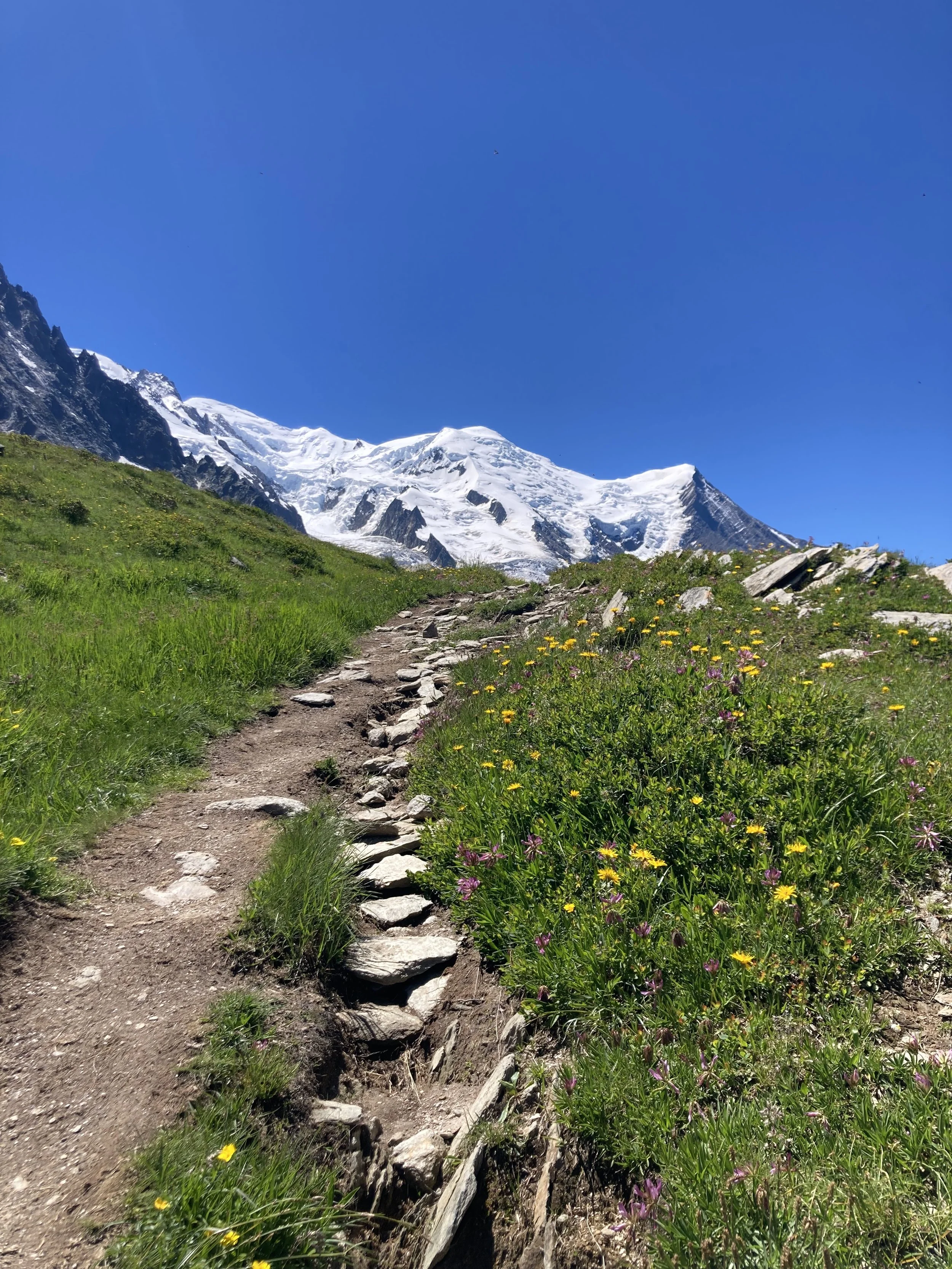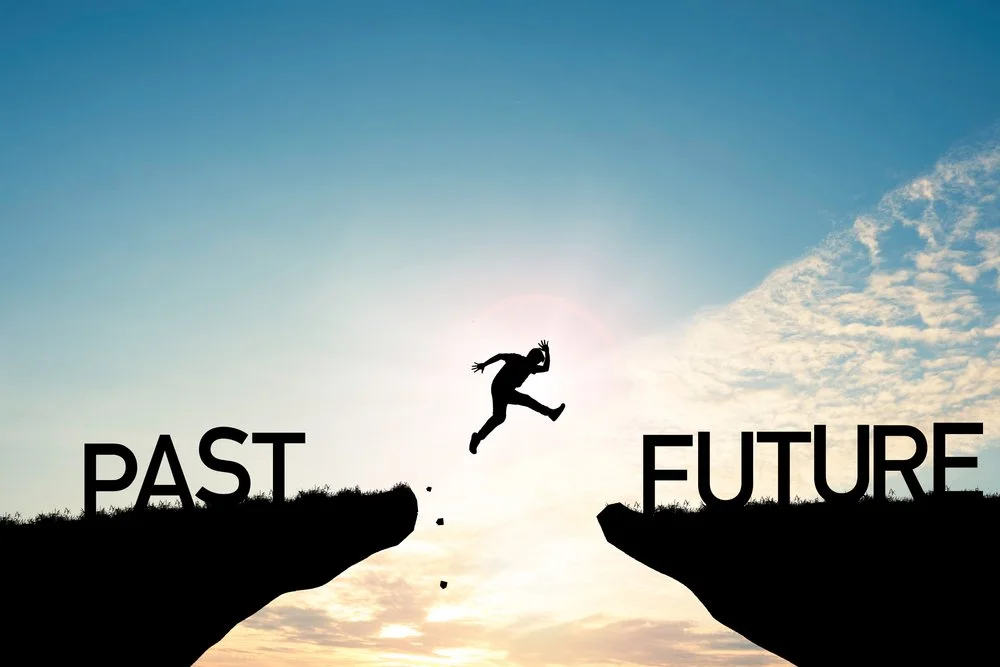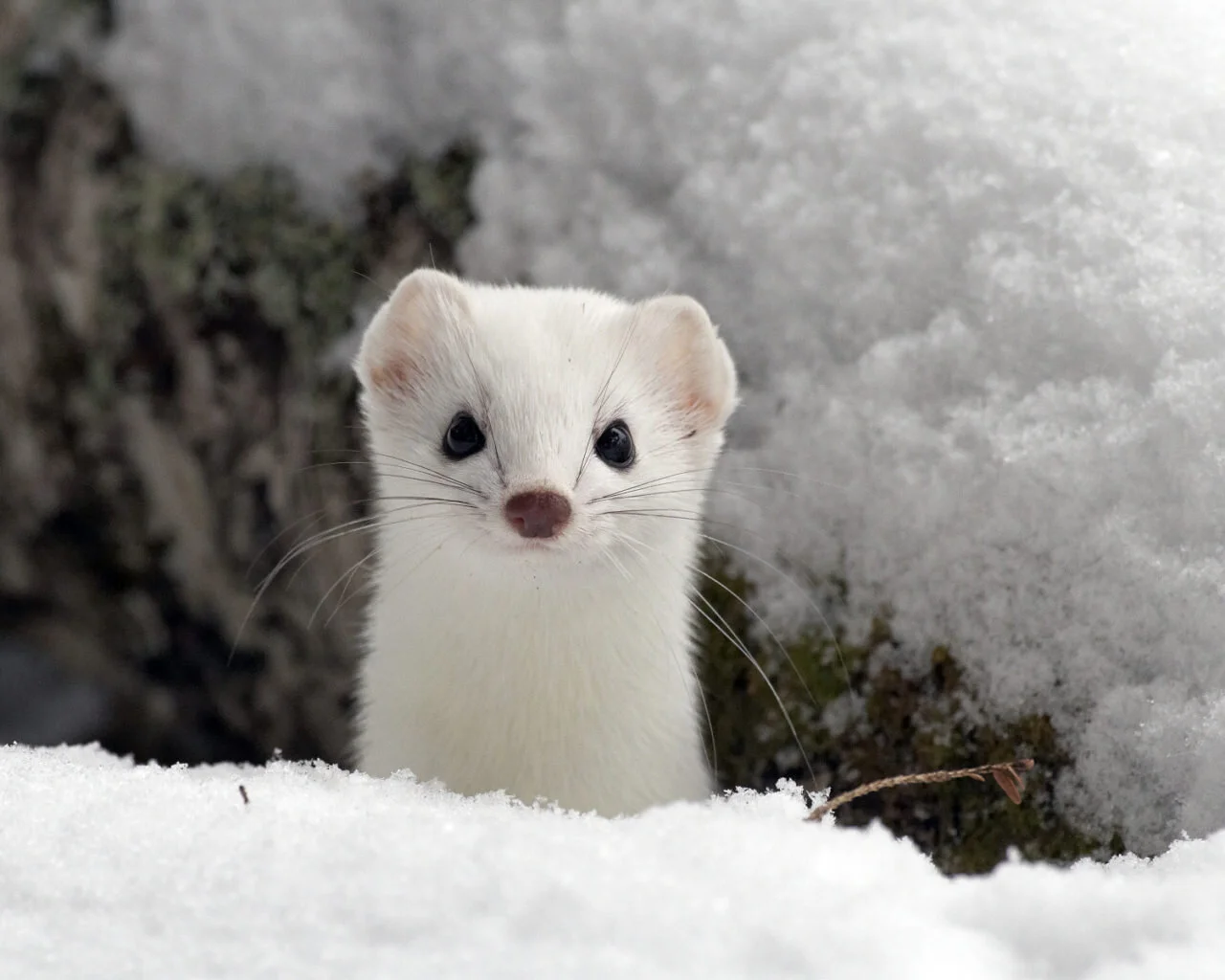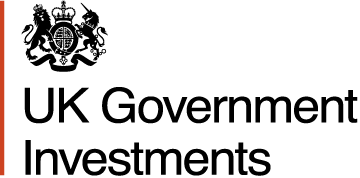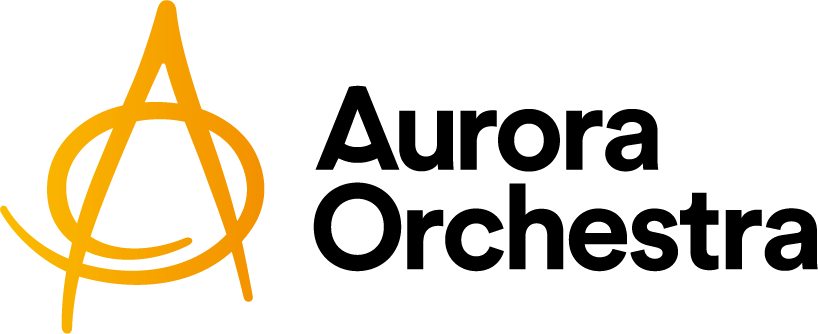#1 The things we worry about, and which we allow to hold us back, don’t happen. (And if they do, we can sort them out.)
This probably needs a bit of context.
I recently finished a 2800km self-supported bike race from Italy to Northern Spain called the Transiberican. It took me 13 days and I climbed 45,000m via 10 stunning checkpoints. Each rider carries a tracker, visible to the world at large as a numbered dot moving across a map. This is both comforting and (for me) a source of neurosis. More on that later.
It was a big deal for me, and beyond anything I thought I could acheive. So I am sharing some of the highs and lows with the hope that it may inspire you or give you that tiny bit of extra courage needed to have a go at something you have been afraid to try.
4am. Christ. The alarm sends my adrenalin surging. I throw out an arm to shut it up, sending devices on charge clattering to the floor.
Put the light on. One more minute? PUT THE LIGHT ON. Click. Argh. Click. Sit up. Click. Blink. What am I doing?
Check forecast. Hot. Again. Force down a banana and a limp leftover sandwich. At least it’s soft. Something before I ride. Neck some water.
Hyper conscious of other sleeping guests. Wriggle back into damp lycra. The morning shimmy. Repack my kit. Everything in its place. Suncream. Chamois cream. Preemptive paracetamol.
Unpack to stash a forgotten charging cable. Repack.
Double the effort to be mouse-like. The door slams behind me, narrowly missing my derailleur, not a euphemism, but catching my back wheel. It whirs loudly – a spinning fishing reel fighting a running tuna. I’m too tired to lift it. They’ll go back to sleep.

